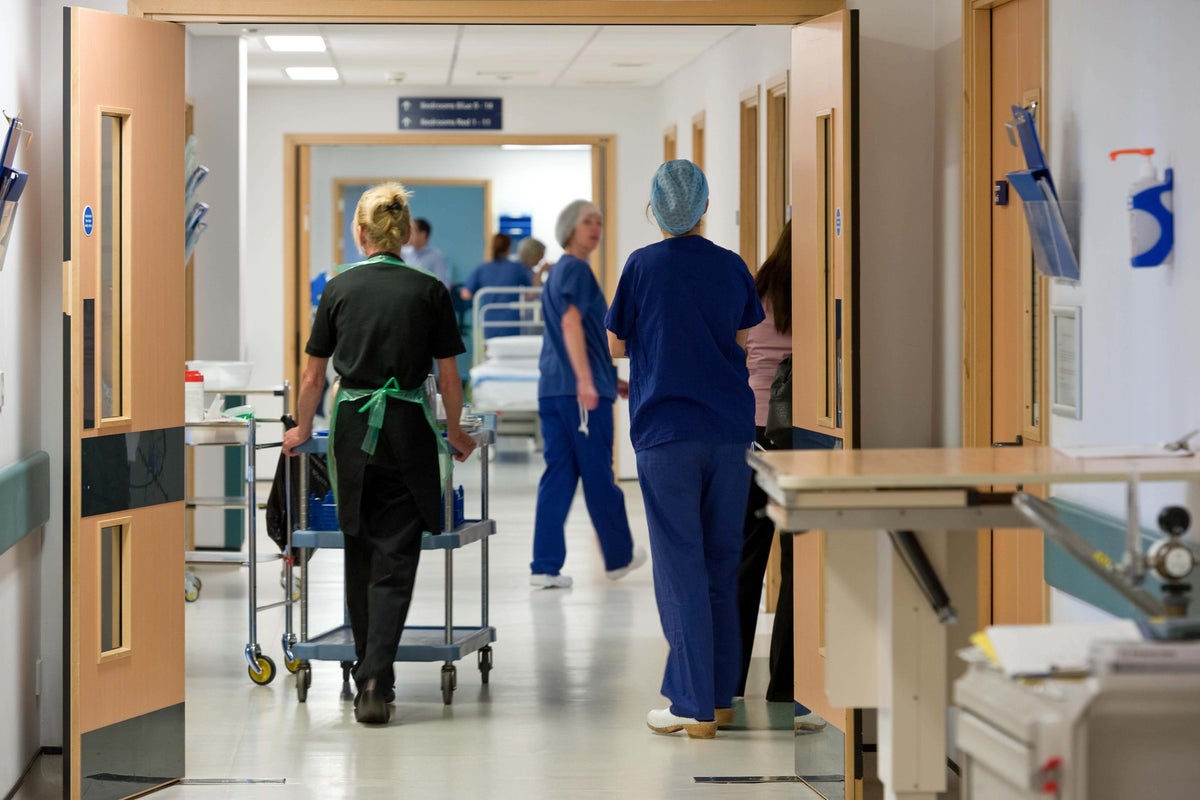
The number of written complaints submitted to the health service has risen year-on-year to a new record high, NHS England data shows.
Experts said the figure should serve as a “wake-up call”.
Some 256,777 complaints were made to the NHS in 2024/25, up from 241,922 a year earlier.
The figure is a 6.1% increase year-on-year and the highest since data collection started in 2014/15.
There were 113,780 complaints about hospital and community health services, an increase of 5.6%.
A quarter were fully upheld.
In primary care, there were 142,997 complaints submitted, an increase of 6.6%.
Some 30.3% were fully upheld.
The largest proportion of new complaints in general and dental practice were about clinical treatment, with 15% in general practice and 28.9% in dental.
Reacting to the figures, Rachel Power, chief executive of the Patients Association, said: “The record number of NHS complaints in the past year should be a wake-up call.
“Every complaint represents a patient who felt unheard, dismissed, or failed by a system meant to care for them in their moment of need.
“Patients tell us that being listened to and taken seriously is one of the most important parts of their care, yet too often their experience falls short.
“Navigating a stressful and complex complaints process after a poor experience can compound the harm, especially for those who already face barriers to having their voices heard.”
Rebecca Curtayne, external affairs manager at Healthwatch England, said: “Fewer than one in 10 people who experienced poor care in the past year told us they made a formal NHS complaint.
“The most common reason was a lack of confidence that the NHS would take meaningful action to prevent similar issues for future patients.
“Many also feared that speaking up could negatively affect their ongoing care.
“Even when people do make the effort to complain, they’re often met with delays and defensiveness from services – adding frustration to an already difficult experience.”
As part of its 10-year plan, the Government has pledged to reform the NHS complaints process and improve response times to patient safety incidents.
However, Ms Curtayne “the public needs clarity on what those reforms will involve and when they will be delivered”.
“We call on the Department of Health and Social Care to act swiftly,” she added.
“This should start with consulting the public on the design of the new complaints system, one that responds quickly when things go wrong, treats people with empathy, and genuinely learns from mistakes.”
